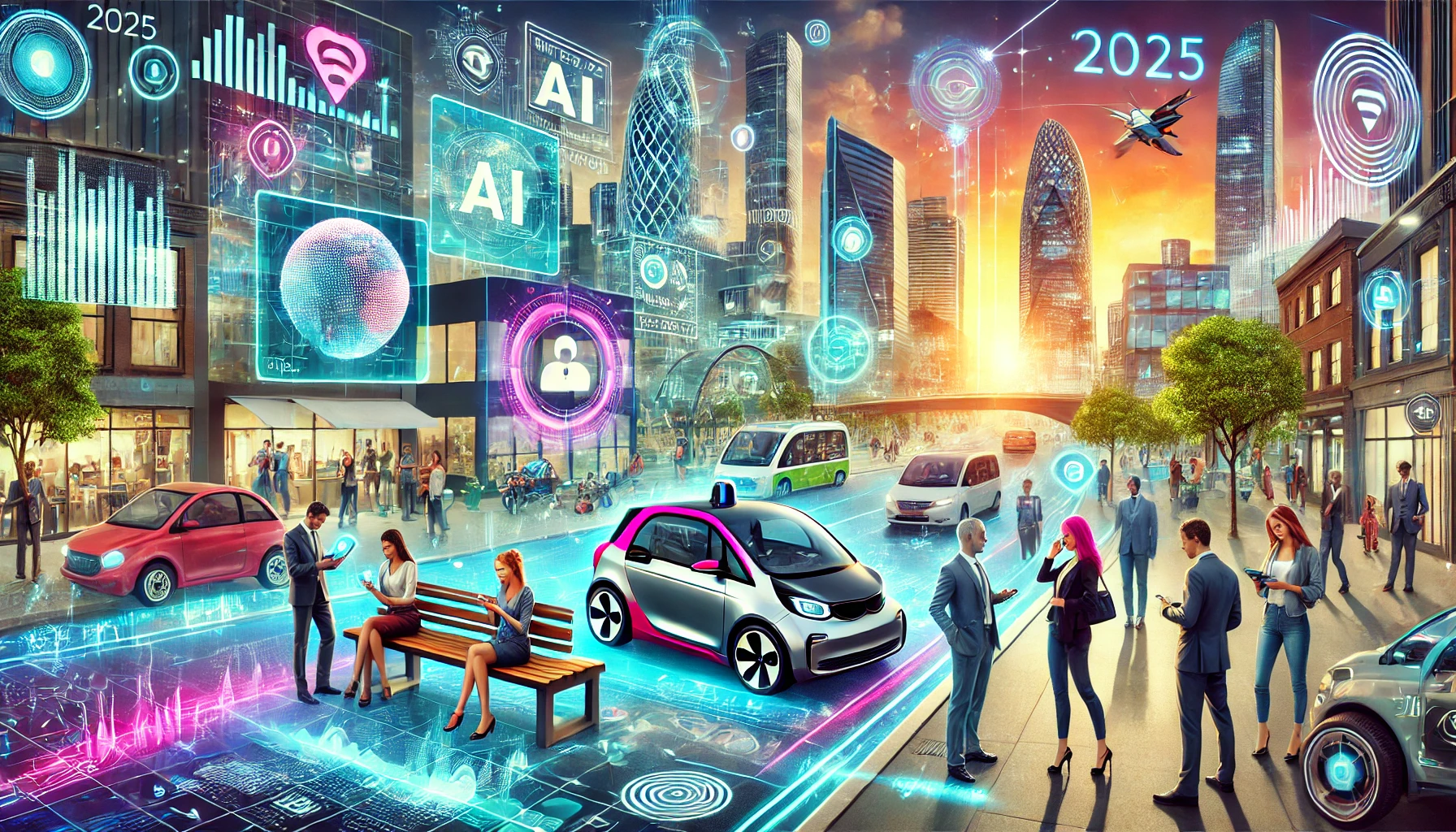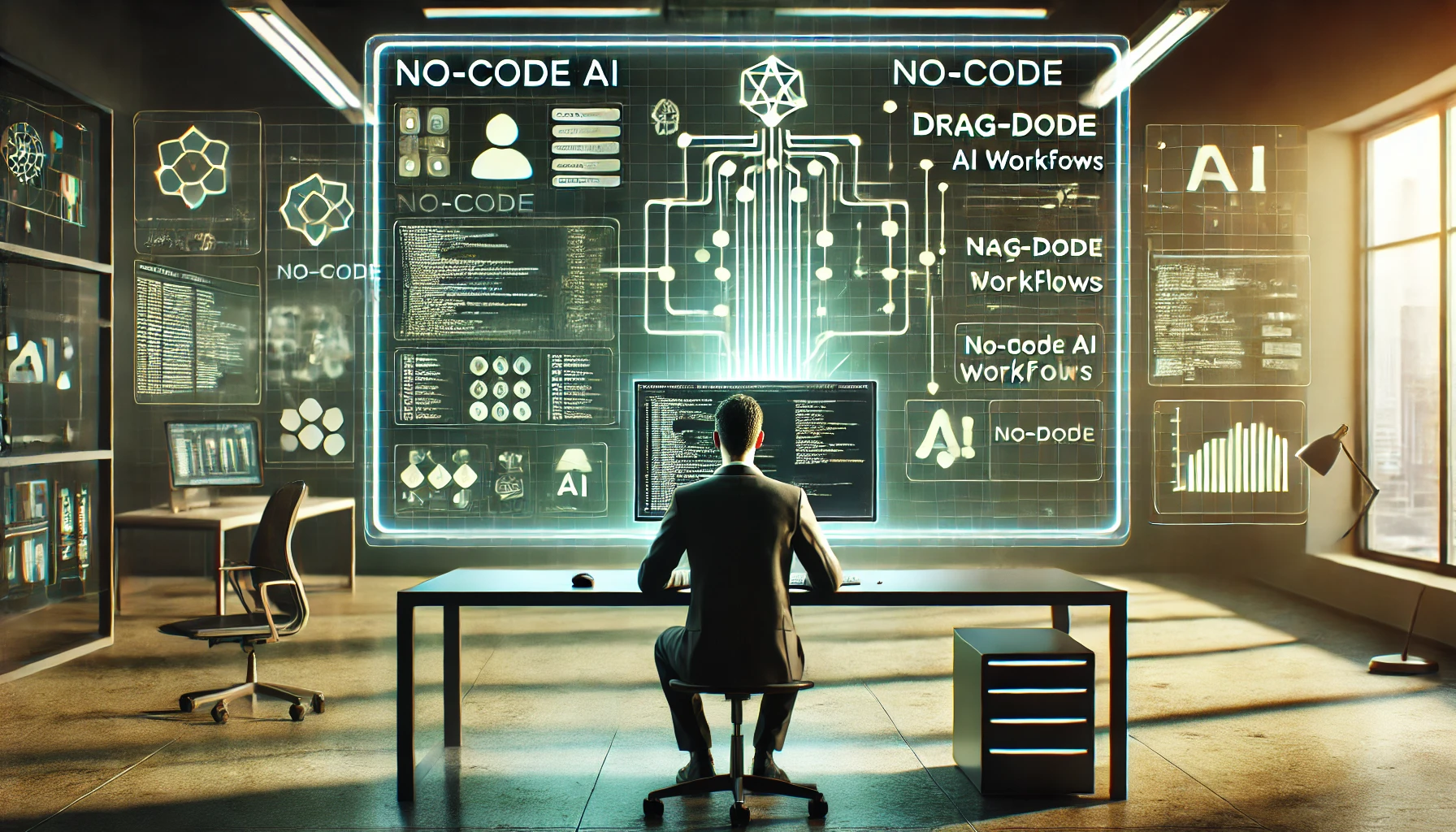As we enter 2025, the world continues to evolve at a dizzying pace, driven by technological advancements, societal shifts, and economic transformations. These changes, both exciting and challenging, will shape industries and redefine how we live, work, and interact. Here are five key predictions for 2025, offering a thoughtful look at what may lie ahead.
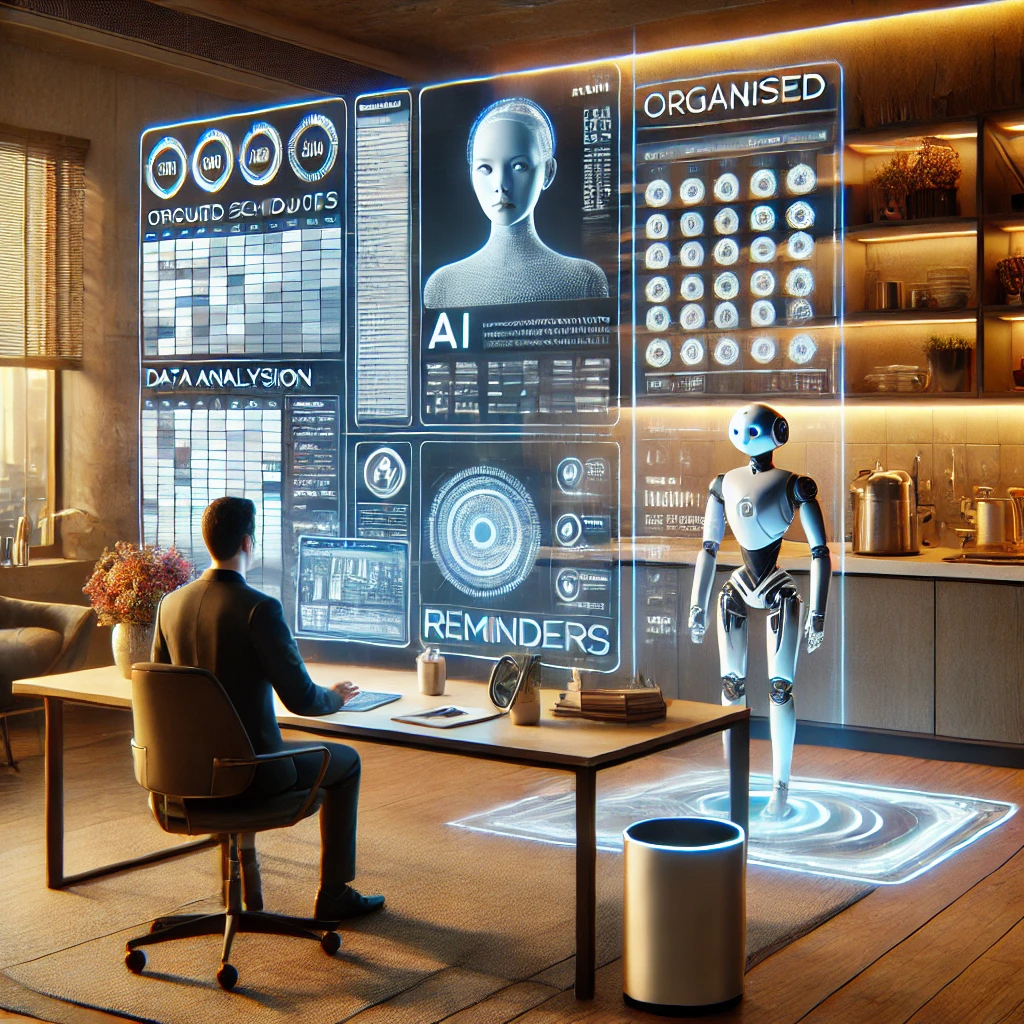
Prediction 1: AI-Powered Personal Assistants Will Revolutionise Daily Life
Artificial intelligence (AI) is no longer confined to laboratories or niche industries; it is becoming an integral part of everyday life. By 2025, AI-powered personal assistants will move beyond simple tasks like setting reminders or sending emails. These sophisticated tools will seamlessly manage complex activities, such as analysing large datasets, crafting personalised marketing strategies, and even providing mental health support.
In the workplace, personal assistants will optimise schedules, suggest data-driven decisions, and ensure workers focus on high-value tasks. At home, they will manage chores, recommend tailored meal plans, and even help children with their homework. The lines between human creativity and machine intelligence will blur further, creating new opportunities for collaboration.
Why It Matters:
This growing reliance on AI will enable greater efficiency and productivity, but it will also raise ethical questions about privacy, dependency, and job displacement. Individuals and organisations must strike a balance between embracing innovation and addressing its risks.
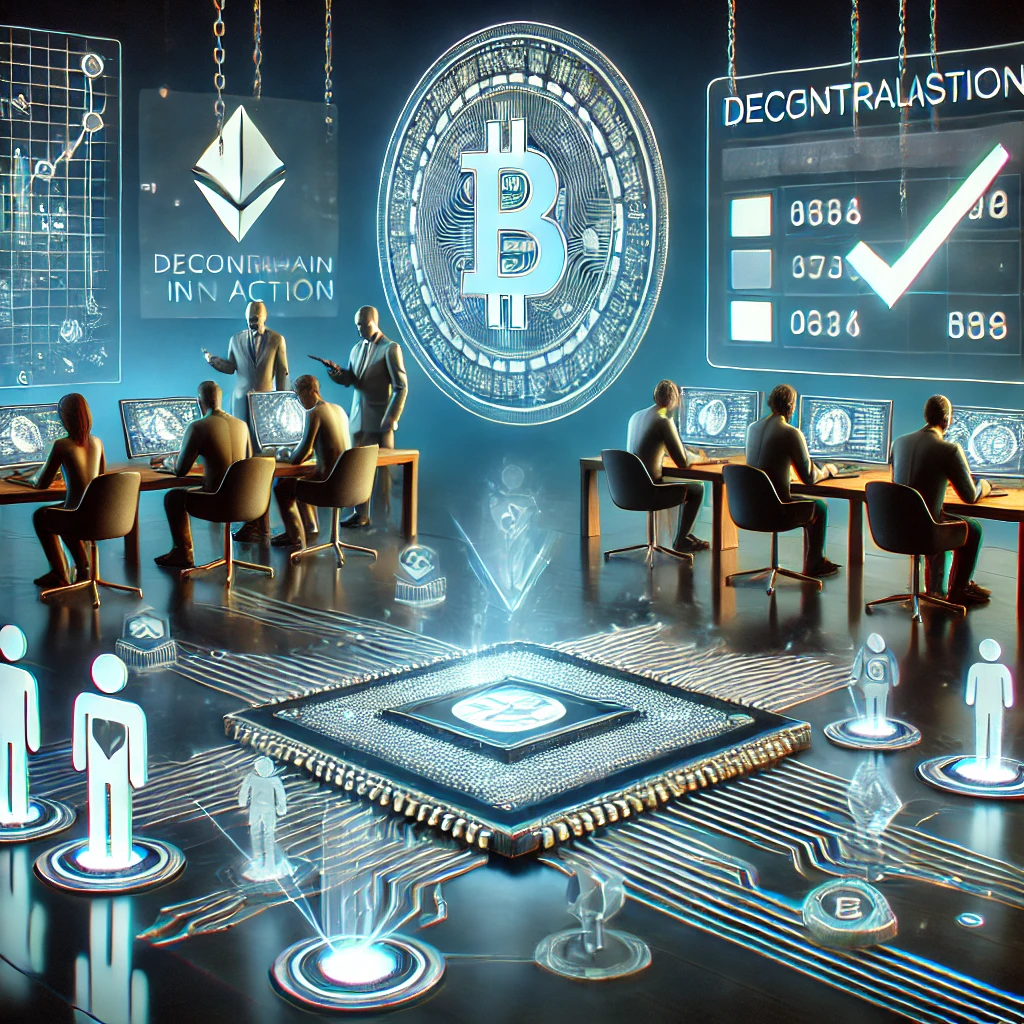
Prediction 2: Decentralisation Will Redefine Power Structures
The push for decentralisation, fuelled by blockchain technology, will gain significant momentum in 2025. This movement goes beyond cryptocurrencies like Bitcoin or Ethereum; it extends to finance, governance, and personal identity management. Decentralised finance (DeFi) will challenge traditional banking systems by offering transparency, lower transaction costs, and accessibility to underserved populations.
In governance, blockchain-enabled voting systems may begin to address issues of electoral fraud and mistrust. Meanwhile, digital identities secured on blockchain networks will allow individuals greater control over their personal information, reducing the risks of identity theft and data breaches.
Why It Matters:
Decentralisation empowers individuals and small businesses while placing pressure on established institutions to adapt. However, the shift could also create vulnerabilities, such as a lack of regulation and the potential for technological misuse. Societies will need to navigate these challenges thoughtfully.
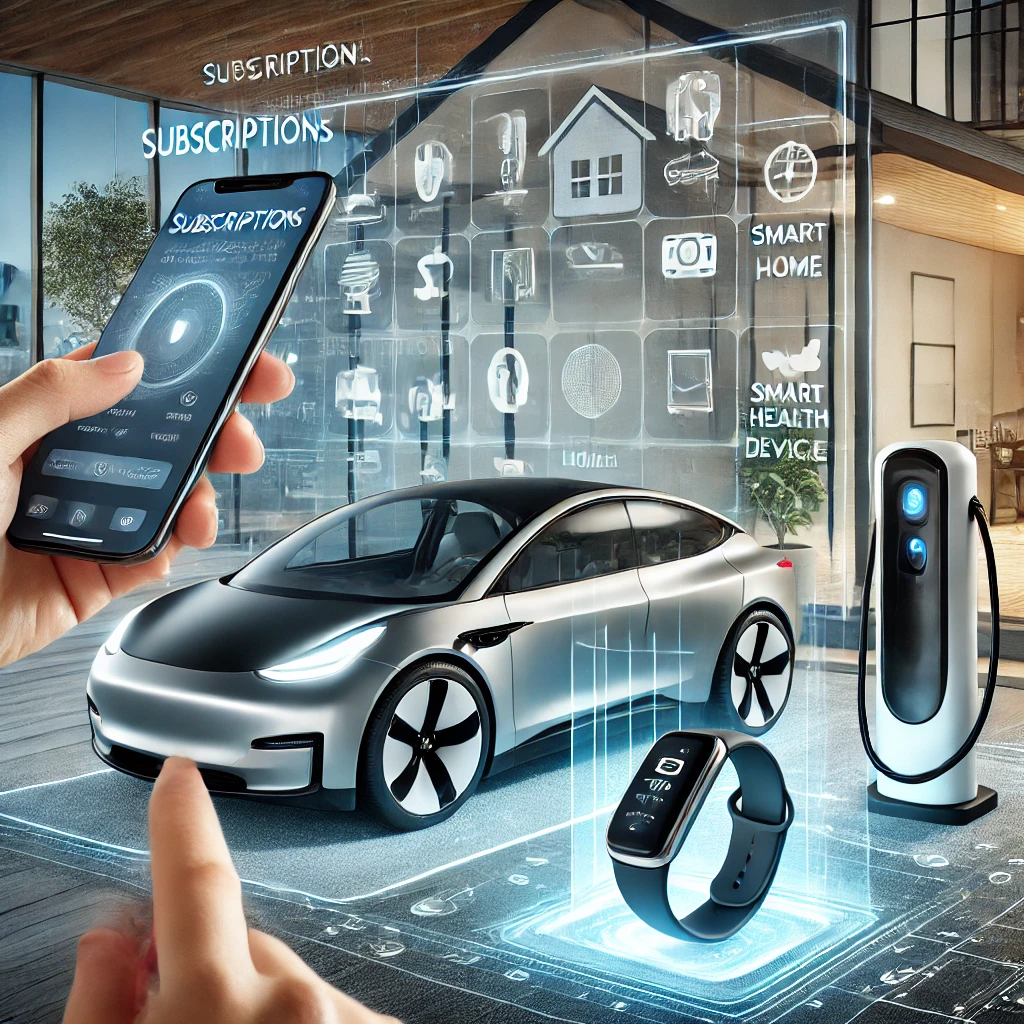
Prediction 3: Subscription Services Will Expand Across New Industries
The subscription-based model, which has long dominated sectors like entertainment and software, is set to expand into new areas. By 2025, we can expect subscriptions for everyday items such as cars, household appliances, and wearable health devices. Instead of buying an electric car outright, consumers will lease it for a fixed monthly fee, with maintenance and upgrades included. Similarly, kitchen appliances or fitness equipment might be rented as part of flexible packages.
This trend reflects a growing preference for convenience and sustainability over ownership. It allows consumers to access the latest technology without making significant upfront investments, but it also raises concerns about long-term affordability and dependency on service providers.
Why It Matters:
As subscription models become more pervasive, they will change how we perceive ownership and challenge traditional consumer behaviour. This shift could spur innovation in service delivery but may also lead to debates about fairness and equity.
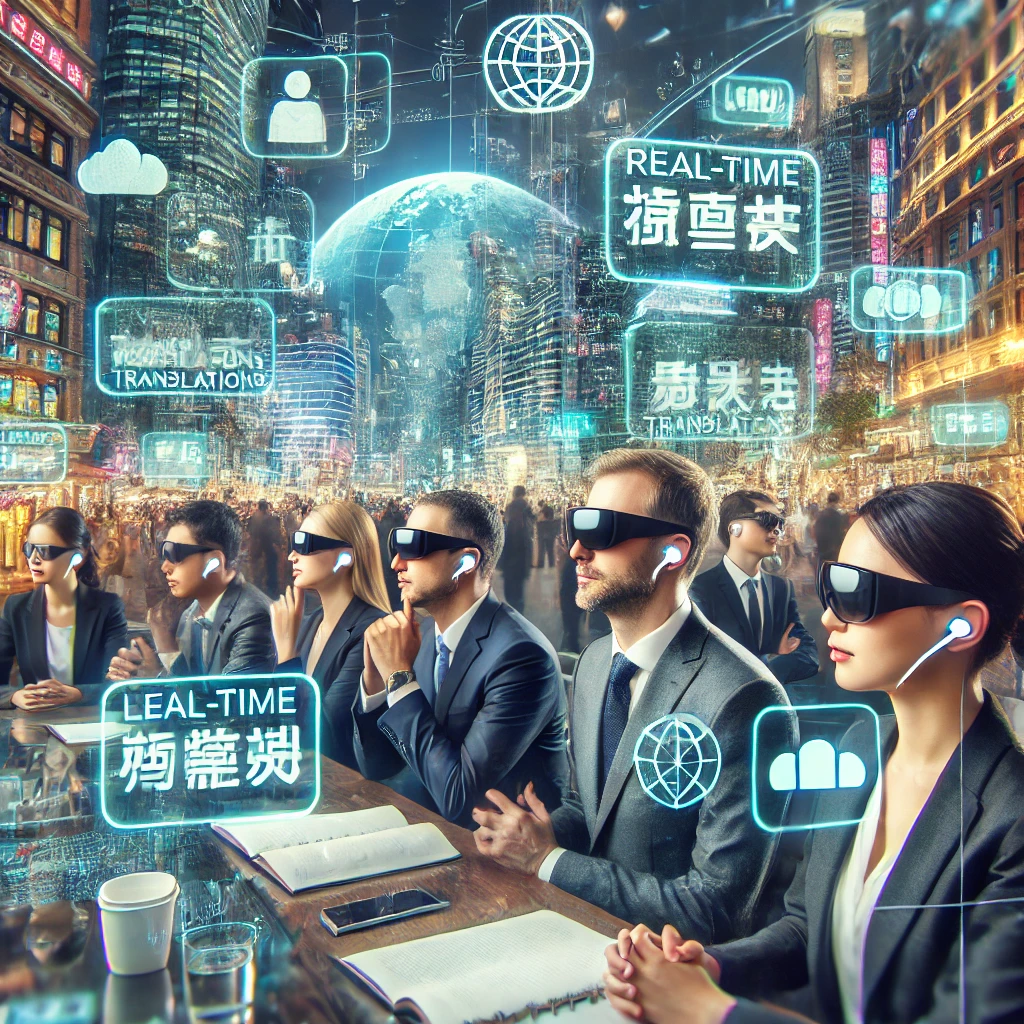
Prediction 4: Instantaneous Translation Technology Will Break Language Barriers
By 2025, real-time translation devices will become indispensable tools for professionals, travellers, and educators. Earbuds equipped with advanced AI will instantly translate conversations, while augmented reality (AR) glasses will display translated text during meetings or sightseeing. These technologies will bring us closer to a world where language is no longer a barrier to communication.
Businesses will benefit immensely, enabling seamless negotiations and collaborations with international partners. In education, students from diverse backgrounds will be able to learn and interact without language limitations. Even casual travellers will explore new destinations with greater confidence, engaging more deeply with local cultures.
Why It Matters:
Instantaneous translation will make the world feel smaller and more interconnected. However, it could also homogenise languages and cultures, raising concerns about the loss of linguistic diversity. Striking a balance between connectivity and cultural preservation will be crucial.
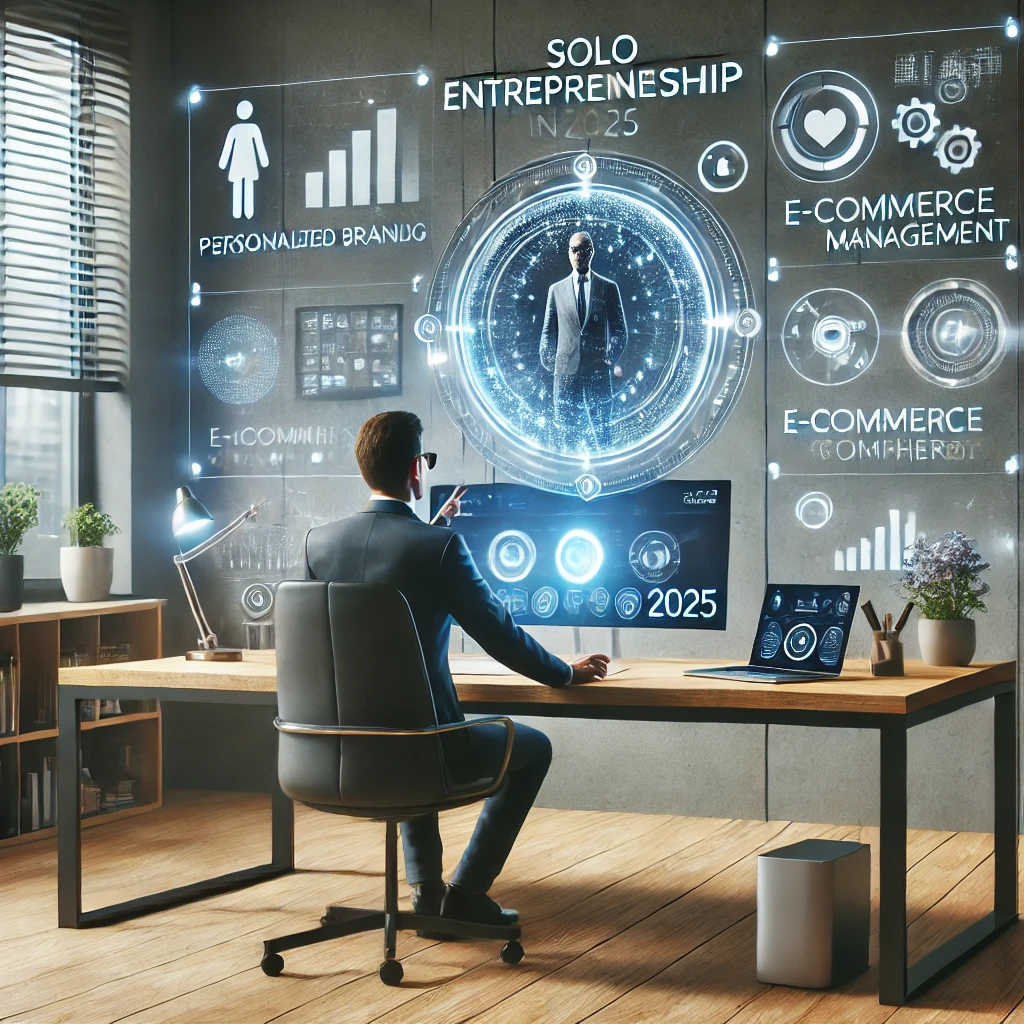
Prediction 5: Solo Entrepreneurship Will Flourish Like Never Before
The solo entrepreneur—an individual leveraging digital tools to build a business without traditional infrastructure—will rise to prominence in 2025. Advances in AI, e-commerce platforms, and online marketing will enable individuals to create global brands from their living rooms. With minimal overheads, these entrepreneurs will outpace larger, slower-moving competitors.
Solo entrepreneurs will tap into niche markets, offering highly personalised products and services. AI will assist with everything from branding and customer service to supply chain management. The gig economy will evolve into a space where individuals have greater autonomy, building businesses on their terms.
Why It Matters:
This trend will democratise entrepreneurship, allowing more people to pursue their passions and achieve financial independence. However, it will also challenge traditional companies to innovate and adapt, leading to a more competitive and fragmented business landscape.
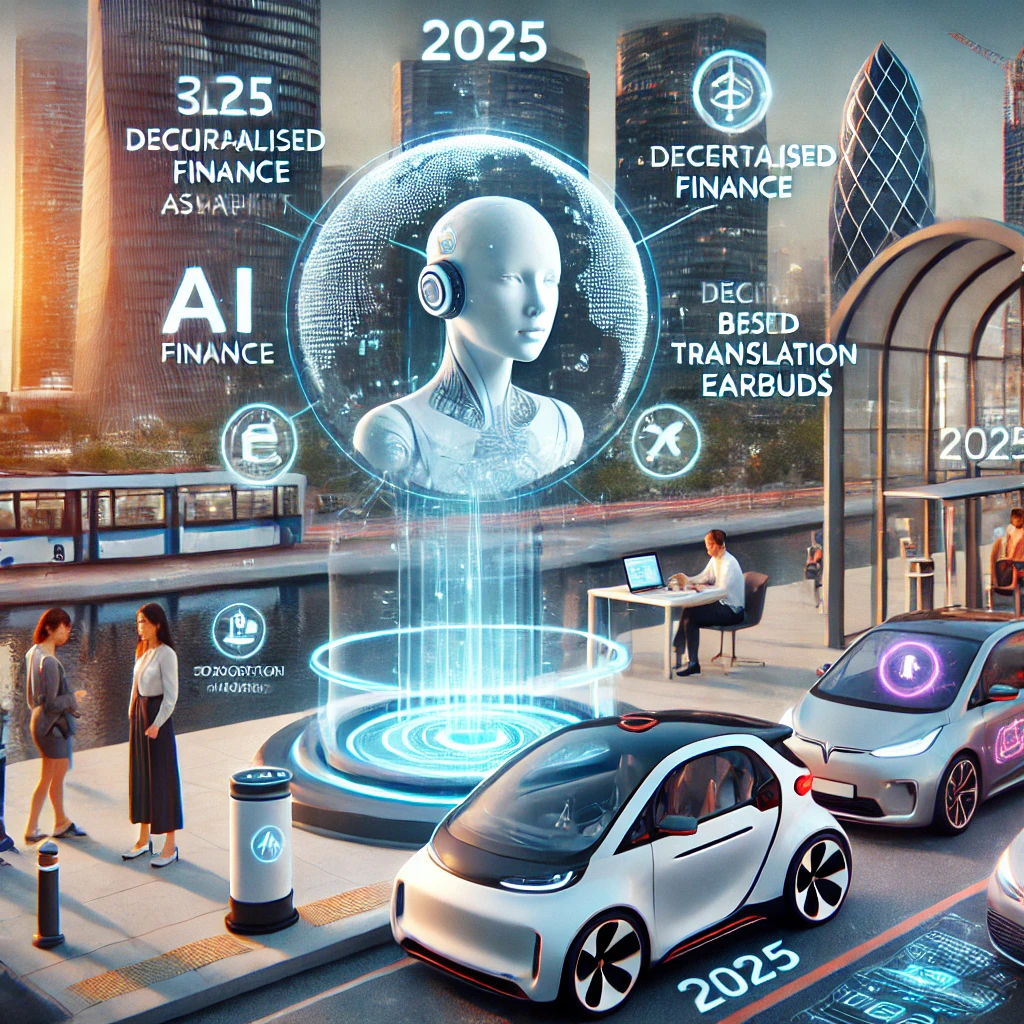
In Summary
2025 will be a year of transformation, with technology and shifting societal values shaping the way we live and work. While these predictions highlight exciting opportunities, they also underscore the need for thoughtful adaptation to potential challenges. As we navigate this new era, one thing remains clear: the future will belong to those who are prepared to embrace change, innovate, and build a sustainable path forward.
What are your thoughts on these predictions? Join the conversation and share your insights on the trends shaping our world.
10 Questions & Answers
1. What is the biggest technological trend you foresee for 2025?
The integration of AI-powered personal assistants into daily life is likely to be the most transformative trend. These tools will optimise both work and personal tasks, making them indispensable for productivity.
2. How will decentralisation impact individuals in 2025?
Decentralisation will empower individuals by giving them more control over finances, data, and decision-making processes. However, it will also require people to understand and navigate new systems, such as blockchain and decentralised finance platforms.
3. Why are subscription services becoming more popular?
Subscription services offer flexibility and convenience, allowing consumers to access the latest products without significant upfront costs. This aligns with modern preferences for experiences over ownership and a growing focus on sustainability.
4. Will subscription models replace traditional ownership entirely?
Not entirely. While subscription models will grow in popularity, certain consumers will still value ownership, especially for assets like property or classic cars. Both models will likely coexist, catering to different preferences and lifestyles.
5. What industries will benefit the most from instantaneous translation technology?
International business, education, and tourism will benefit significantly. Real-time translation will enable seamless communication, collaboration, and cultural exchange across language barriers.
6. Could real-time translation devices threaten linguistic diversity?
Yes, there’s a risk that widespread use of translation devices may encourage the dominance of a few major languages, leading to a decline in the use of regional and minority languages. Balancing connectivity with cultural preservation will be key.
7. How will solo entrepreneurship change the business landscape?
Solo entrepreneurs will challenge traditional companies by offering highly specialised products and services with minimal overhead. This will increase competition, forcing larger organisations to adapt and innovate to stay relevant.
8. Are there any risks associated with the rise of solo entrepreneurship?
Yes, solo entrepreneurs may face challenges such as financial instability, lack of benefits (e.g., pensions or health insurance), and burnout from managing all aspects of their businesses. However, advancements in AI could help mitigate these issues.
9. What challenges could decentralisation pose to governments and corporations?
Decentralisation reduces reliance on traditional institutions, potentially eroding their authority. Governments may face difficulties in regulating decentralised systems, while corporations could struggle to maintain market dominance against nimble, decentralised competitors.
10. What should businesses and individuals do to prepare for these changes in 2025?
Businesses should invest in AI and embrace decentralised systems where applicable. Individuals should focus on upskilling in areas like technology and digital marketing, while staying adaptable to emerging trends. Building resilience and maintaining an innovative mindset will be essential for thriving in this rapidly changing world.

